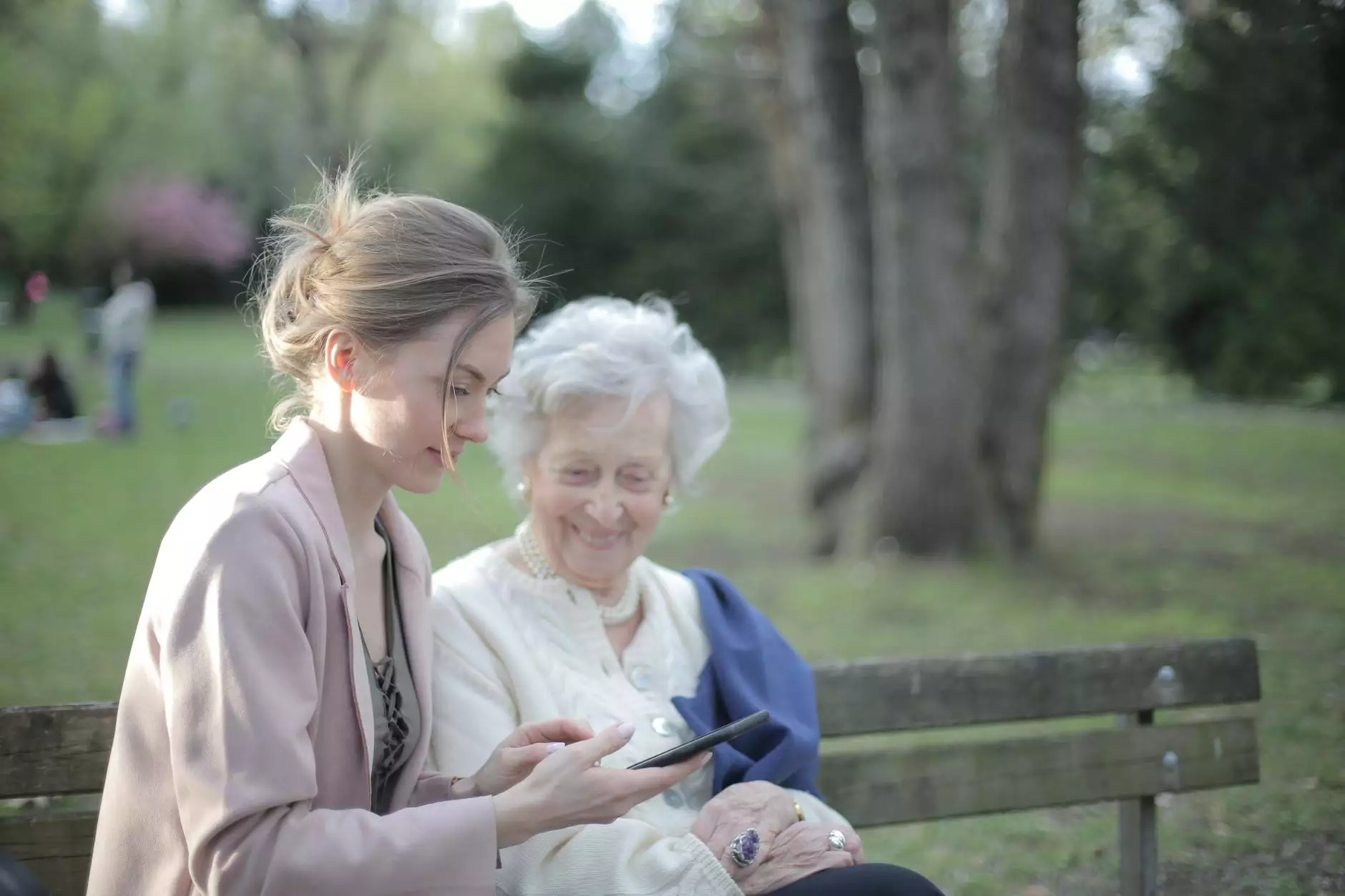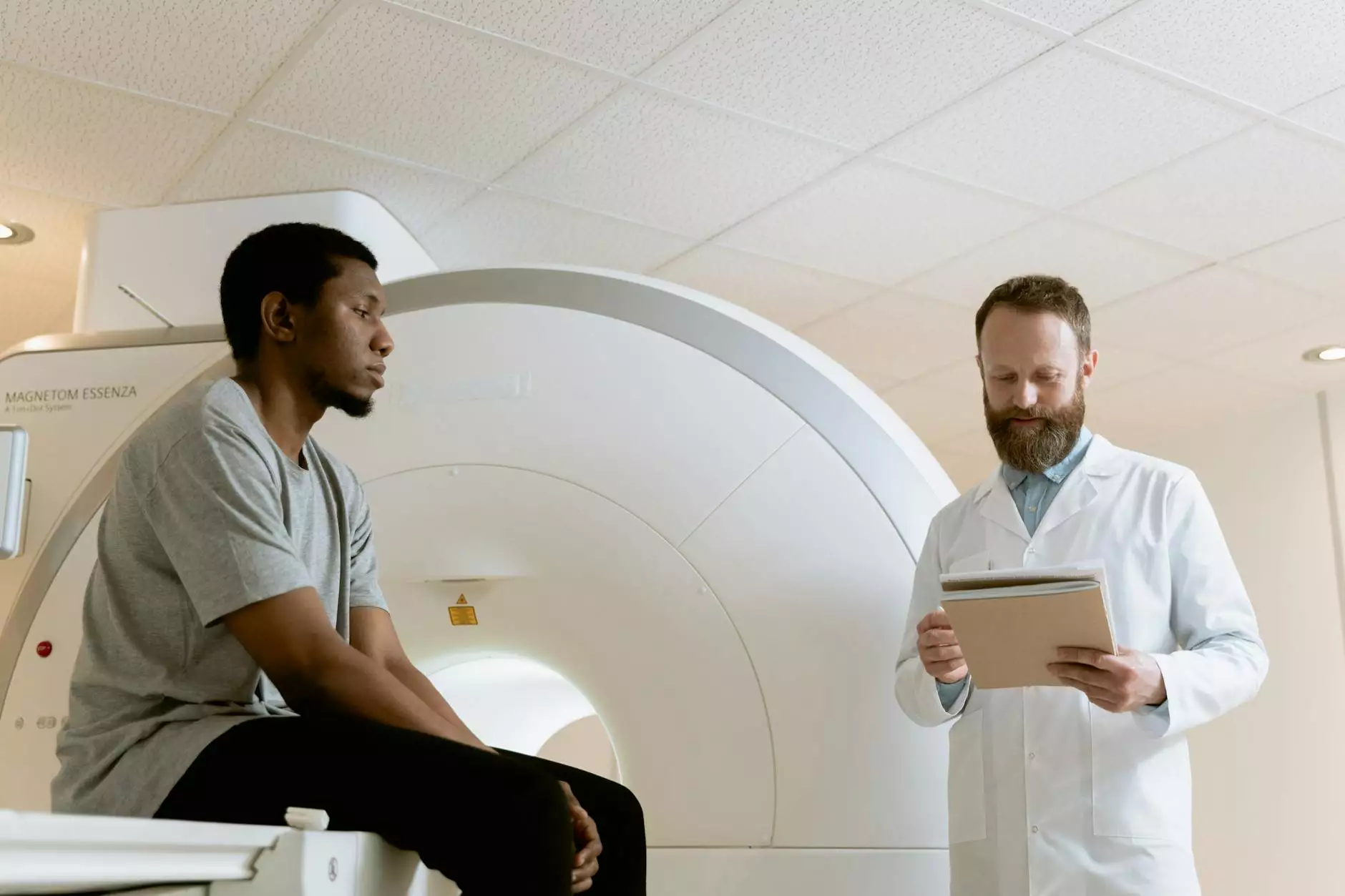The Transformative Power of Group Therapy for Mental Health

Group therapy is an innovative therapeutic approach that has proven to be immensely beneficial for individuals seeking to improve their mental health. In a world where isolation is common, group therapy offers a unique setting for individuals to connect, share, and heal together.
What is Group Therapy?
Group therapy is a form of psychotherapy that involves a small group of individuals engaging in structured discussions led by a trained therapist. Each session allows participants to share personal experiences, address common concerns, and offer each other support. The collective environment not only allows for deeper insights into personal issues but also fosters a sense of community and belonging.
Key Features of Group Therapy
- Facilitated Discussion: Led by a licensed therapist, sessions are structured to ensure everyone has a chance to contribute.
- Shared Experiences: Participants benefit from hearing others' stories, which can provide different perspectives and coping strategies.
- Support System: Group members often become a vital support system for one another, forming connections that extend beyond sessions.
- Cost-Effective Treatment: Group therapy is often more affordable than individual therapy, making it accessible to a wider audience.
Types of Group Therapy Sessions
There are various forms of group therapy, each catering to different needs:
1. Process-Oriented Groups
In process-oriented groups, participants discuss their feelings and interactions with one another. This format focuses on interpersonal dynamics and group relationships. Members explore their behaviors, thoughts, and feelings in a safe environment.
2. Support Groups
Support groups provide a space where individuals facing similar challenges can share experiences and offer mutual support. This format is commonly used for managing specific conditions like addiction, grief, or chronic illnesses.
3. Psychoeducational Groups
These groups provide information and education about mental health issues, coping mechanisms, and strategies for resilience. They often include learning new skills to manage symptoms effectively.
4. Skills Development Groups
Skills development groups focus on teaching participants specific skills such as communication techniques, stress management, or conflict resolution. They are particularly beneficial for those struggling with social skills or interpersonal challenges.
Benefits of Group Therapy
The benefits of group therapy are extensive and multifaceted. Below are some of the most significant advantages:
1. Enhanced Emotional Support
Participants find solace in knowing they are not alone in their struggles. This shared experience fosters emotional support that is crucial for recovery and healing. When individuals see others facing similar challenges, it normalizes their feelings and experiences, reducing feelings of isolation.
2. Improved Communication Skills
Group therapy encourages open dialogue and the expression of thoughts and feelings. Participants learn to articulate their feelings better and listen actively, which enhances their communication skills both within and outside the group.
3. Diverse Perspectives
Hearing different viewpoints and coping strategies can lead to profound insights. Participants may discover tools and methods that they had not previously considered, which can be instrumental in their healing process. This diversity enriches the group dynamic and fosters creativity in problem-solving.
4. Effective Behavioral Changes
Through accountability and group interactions, individuals are more likely to engage in positive behavioral changes. Group members support each other in setting goals and working towards fulfilling them, creating a shared journey of personal growth.
5. Cost-Effectiveness
Compared to individual therapy, group therapy is often more affordable. This accessibility can make mental health treatment feasible for those who may not have the financial resources for one-on-one sessions.
How to Choose the Right Group Therapy Program
Selecting the right group therapy program is crucial for ensuring a positive therapeutic experience. Consider the following factors when choosing a program:
1. Credentials of Group Facilitators
Ensure the group is led by a qualified and licensed mental health professional with experience in group therapy. A skilled facilitator can create a safe and supportive environment that encourages honest sharing.
2. Group Composition
The composition of the group matters. A mix of individuals with varying backgrounds and experiences can enhance the therapeutic process. Some may prefer groups targeted at specific issues, such as anxiety, depression, or addiction.
3. Group Size
Consider the size of the group. Smaller groups (5-10 members) often provide a more intimate setting, allowing deeper connections. Conversely, larger groups may offer a wider range of perspectives.
4. Structure and Format
Understanding the structure and format of the sessions can help align your expectations. Some groups may focus on discussion, while others may include activities or skills training.
5. Accessibility and Schedule
Look for groups that fit your schedule and are conveniently located. Accessibility can affect your ability to participate consistently, which is vital for achieving therapeutic goals.
Common Misconceptions about Group Therapy
Despite its benefits, some misconceptions about group therapy may deter individuals from participating. Here are a few common myths:
1. Lack of Privacy
Some may believe that sharing personal stories in a group compromises their privacy. However, confidentiality is a fundamental principle of group therapy. Participants agree to respect each other's privacy, creating a safe atmosphere for sharing.
2. It’s Only for Severe Issues
Many people assume that group therapy is only for those with severe mental health conditions. In reality, it can benefit anyone seeking support, coping skills, or personal development.
3. Less Effective than Individual Therapy
Another misconception is that group therapy is less effective than individual therapy. While the two serve different purposes, many individuals find that combining both can yield the best results.
Success Stories: The Impact of Group Therapy
The efficacy of group therapy is best illustrated through success stories from individuals who have experienced its transformative effects:
Case Study: Overcoming Anxiety
A young professional struggling with severe anxiety found solace in a local group therapy session. Through shared experiences with peers facing similar challenges and guidance from a facilitator, she learned practical coping mechanisms that significantly improved her confidence and reduced her anxiety symptoms.
Case Study: Healing from Grief
After losing a loved one, a man joined a grief support group. The connections he formed with others navigating similar pain provided him with the understanding and empathy he needed. He later described the group as a life-changing experience that allowed him to process his grief in a healthier way.
Conclusion
Group therapy stands out as a powerful tool for personal transformation and recovery. By fostering deep connections, enhancing emotional support, and providing a platform for shared experiences, it addresses not only individual challenges but also cultivates a community of support. Whether through peer-led discussions, skills development, or support groups, the benefits of group therapy reach far and wide.
For those considering mental health treatment, exploring the option of group therapy could be a pivotal step towards healing and personal growth. With the right program and a commitment to engaging with fellow participants, the path to improved mental well-being can become a shared journey—one that transforms lives and fosters enduring connections.







